Unit 6
Lesson 4 and 5
Skills focus
He travelled around the world for 29 years!
*Before we start .Look at this picture.Do you know this person?Who is he?
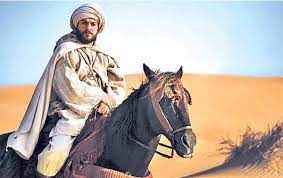
The answer: Ibn BAttuta.
This lesson is about Ibn Battuta. He is a famous Moroccan traveller and scholar who travelled for twenty-nine years.
|
Background Ibn Battuta began fi rst by exploring the lands of the Middle East. Then he sailed down the Red Sea to Makkah. He crossed the huge Arabian Desert and travelled to what are now Iraq and Iran. In 1330 CE, he set off again down the Red Sea to Aden and then along the coast of East Africa to present-day Tanzania. Then in 1332 CE, Ibn Battuta decided to go to India. He was welcomed by the Sultan of Delhi and given the job of a judge. He stayed in India for 8 years and then left for China. He survived wars, shipwrecks and rebellions. Finally, he returned home to Tangiers in 1349 CE and left again in 1352 CE. He went south, crossed the Sahara Desert and visited the African kingdom of Mali. Ibn Battuta got back to Morocco in 1354 CE. He had travelled for about 29 years and more than 75,000 miles, visited all Muslim lands and met sixty different rulers. |
*The key words:
| The word | The meaning | The part of speech |
| scholar | a specialist in a particular branch of study, especially the humanities; a distinguished academic. | Noun |
| refuge |
a condition of being safe or sheltered from pursuit, danger, or trouble. |
Noun |
| pearls | A type of precious stones | Noun |
| port |
a town or city with a harbor where ships load or unload, especially one where customs officers are stationed. |
Noun |
| fortress |
a military stronghold, especially a strongly fortified town fit for a large garrison. |
Noun |
| ministers | a diplomatic representative ranking below an ambassador | Noun |
READING
*While reading
1 Read the notes from Ibn Battuta’s journal.
|
The longest journey Ibn Battuta was a Moroccan scholar and traveller. He visited the Middle East, Turkey, North, East and West Africa, Southern and Eastern Europe, Central Asia, Southeast Asia, China and parts of India. Ibn Battuta met kings, ministers and other powerful men. He travelled for twenty-nine years. Historians read his travel notes to fi nd out what happened in those times. 2nd Rajab 725 (14th June, 1325) I am 22 years old and I am leaving Tangiers today . My parents are very sad. 9th Ramadan 726 (9th August, 1326) I am in Damascus. I am living at Malikite College. The Umayyad Mosque is the most beautiful mosque in the world. New moon of Shawwal 726 (1st September 1326) The Hijaz caravan is leaving Damascus for Medina and I am travelling with it. First we are going to the Castle of Karak. Kings use this fortress as a refuge in difficult times. … I am very tired. After a march of two days, we are staying at Tabuk for four days to rest and to water the camels. … Now, at last, we are travelling to Medina. 1 st week of September, 1344 I am staying in the palace of the Sultan of Ceylon. We met at the port, and he invited me to visit his palace. He gave me the best pearls in his kingdom as a present. |
To keep them in your mind:
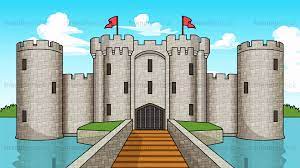 fortess
fortess 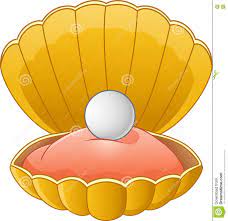 pearls
pearls 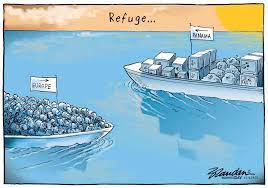 refuge
refuge
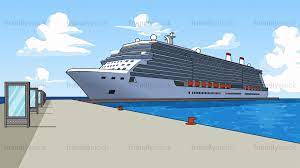 port
port
*After reading:
VOCABULARY
Page 72, Exercise 2
2 Find these words in the text. Use the Reading Strategies on page 71 and guess their meanings.
1. scholar
a. someone who is on a journey b. an intelligent and well-educated person c. a ruler in a country
2. refuge
a. a hotel b. a place for people to be safe c. a house for poor people
3. kingdom
a. a country ruled by a king or queen b. the people who live in a palace c. a large, beautifully decorated house
The answer: 1. b; 2. b; 3. a
****************************************************
Page 72, Exercise 4
Read the text again and answer these questions.
a. How do we know about Ibn Battuta’s journey?
b. Why do you think he wanted to leave his country?
c. Which means of transportation did he use?
d. Why do you think travelling is important? What can we learn from visiting different places?
The answer:
a. We know about Ibn Battuta’s journey from his notes.
b. Students’ own answers
c. He travelled by camel.
d. Students’ own answers
*********************************************